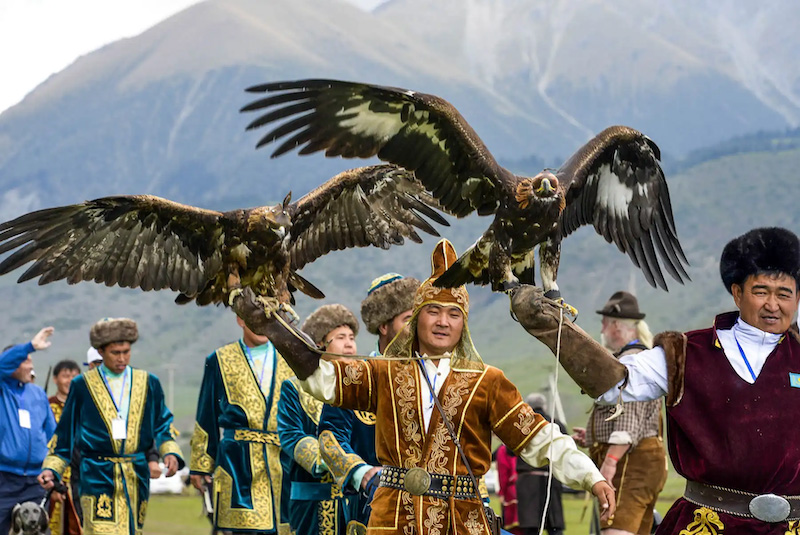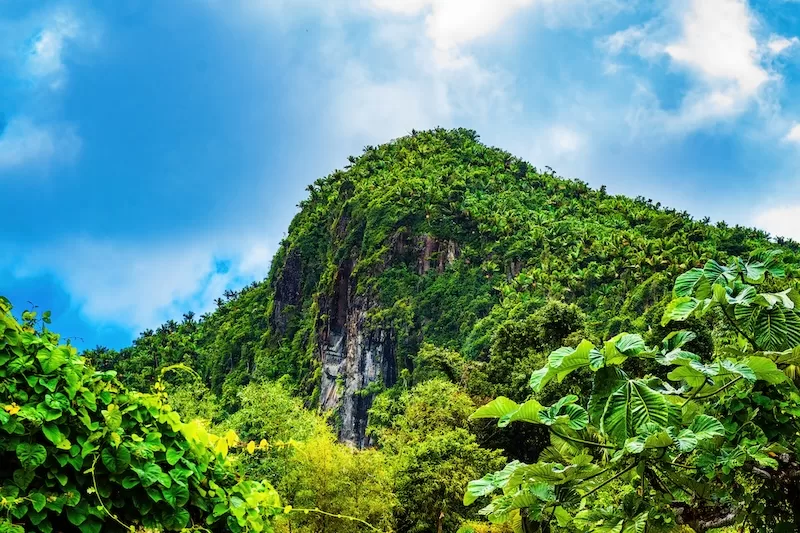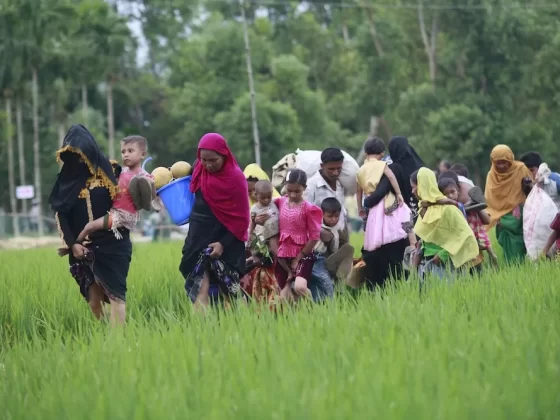Kazakhstan’s capital, Astana, hosted a very different kind of international sporting event last week. The Fifth World Nomad Games brought together athletes, enthusiasts, and representatives from around the world to compete in dozens of traditional games showcasing the skills of the ancient nomadic way of life.
Nearly 3,000 athletes from more than 89 countries, (including, curiously, the U.S., Canada, and Mexico), competed in 37 events. Some were physically demanding, others were more strategic, but probably all would be unfamiliar to people from outside Central Asia. And no, digital nomad, is not yet an official event.
Headless Goat Polo and Horseback Wrestling
Perhaps the feature competition of the entire event is kokboru, a game similar to polo, but with one major difference: instead of a ball, riders use a headless goat carcass. Thankfully for goats around the world, these days the “carcass” is usually made of rubber.
Purportedly invented by Gengis Khan himself, the game requires great endurance and remarkable horsemanship, pitting two teams on horseback as they battle to carry the goat carcass into their opponent’s goal. Kokboru is fiercely competitive, hugely popular in most countries in the region, and reflects the high level of skill and strength required by nomads to hunt and protect their herds.
Another big-draw event is Er Enish, or wrestling on horseback, where competitors attempt to unseat their opponents from their horses by grappling and using strength, skill, and balance. Er Enish demands brute force, incredible endurance, and a deep understanding of equestrian movement.
The Games also include competitions like At Chabysh (long-distance horse racing), Togyz Kumalak (a traditional strategy game similar to mancala), Salbuurun, a hunting sport featuring eagles and hounds, Kyrchyn Gorge, or competitive yurt building, and even good old-fashioned Tug-of-War. These competitions offer an insight into the resourcefulness and adaptability of nomadic peoples, whose lives were (and still largely are) closely intertwined with their natural environment.

Not Your Father’s Olympics
Born out of a desire to revive and preserve the traditional games and cultural practices of nomadic peoples, particularly those from Central Asia, the first World Nomad Games were held in 2014 in Kyrgyzstan. The idea stemmed from Kyrgyzstan’s deep connection to its nomadic roots, where horseback riding, archery, wrestling, falconry, and other skills played a crucial role in survival and warfare for centuries.
Since its inception, the Games have grown significantly, attracting more participants and spectators from around the world with each edition. The first three Nomad Games were held in Kyrgyzstan’s picturesque Issyk-Kul region, famed for its breathtaking landscapes and strong nomadic history. In 2022, the Games expanded their reach with Turkey hosting the fourth edition, marking the first time the event was held outside of Central Asia.
This year’s Fifth World Nomad Games signal another pivotal moment in the event’s evolution. With Kazakhstan as the host, even more global attention was paid to the rich cultural and sporting traditions of the region.
A Vibrant Cultural Extravaganza
Beyond the sports, the games are a vibrant celebration of daily life that provides an international platform for often-overlooked traditions. The week-long event also includes traditional music, dance performances, and displays of handicrafts. A collective experience which is designed to bring the nomadic lifestyle to the forefront and foster an understanding and appreciation of the diversity and resilience of nomadism, a way of life that has persisted for thousands of years, from Central Asia to the Caucasus and even into Europe and North Africa.
The capital city of Astana was also on display. With its blend of modernity and state-of-the-art venues and infrastructure, combined with Kazakhstan’s deep connections to the nomadic way of life, made the city a fitting host for the Games.
To the Host Goes the Spoils
As for the competition itself, host country Kazhakstan was this year’s runaway medals leader, winning the Er Enish title and beating arch rival Kyrgyzstan in the kokboru final in extra time.
All told, Kazakhstan won 112 medals (43 gold, 32 silver, and 37 bronze); Kyrgyzstan came in a distant second with 65 (19/21/25); Russia took home 49 (12/12/25); Uzbekistan won 34 (11/12/11); Mongolia 14 (0/45/9); Iran 13 (1/3/9); Hungary 8 (1/2/5); Georgia 8 (0/3/5); and Turkey six (2/2/2).
Aaron Kenedi










